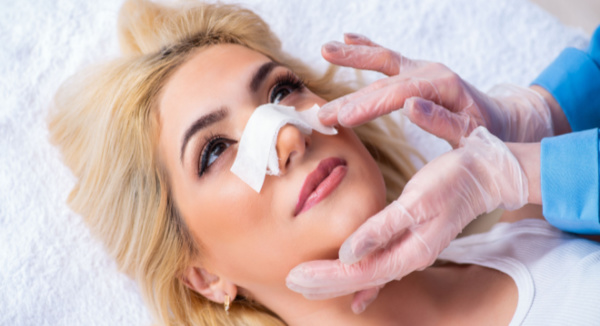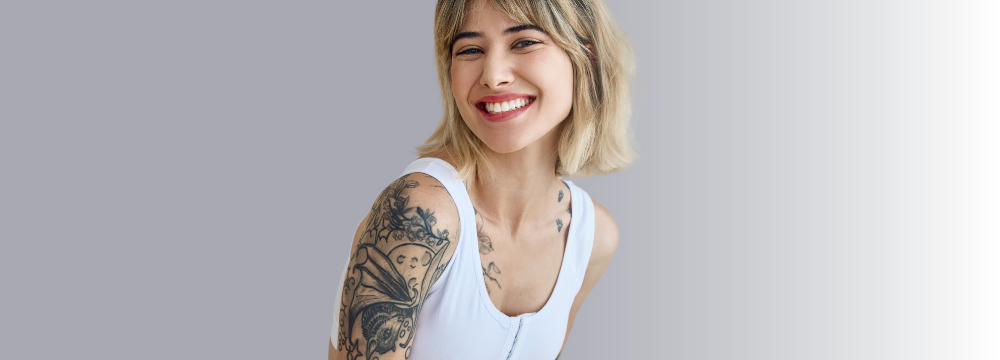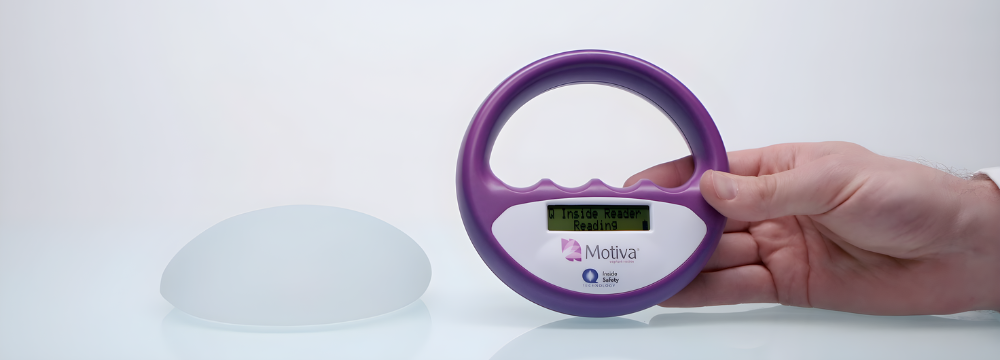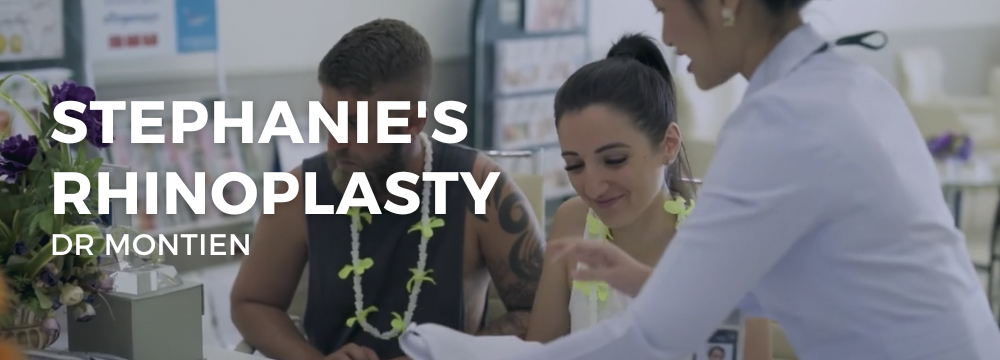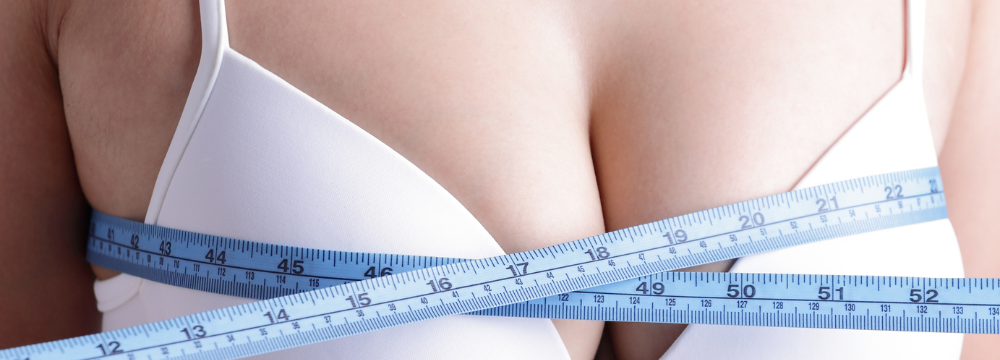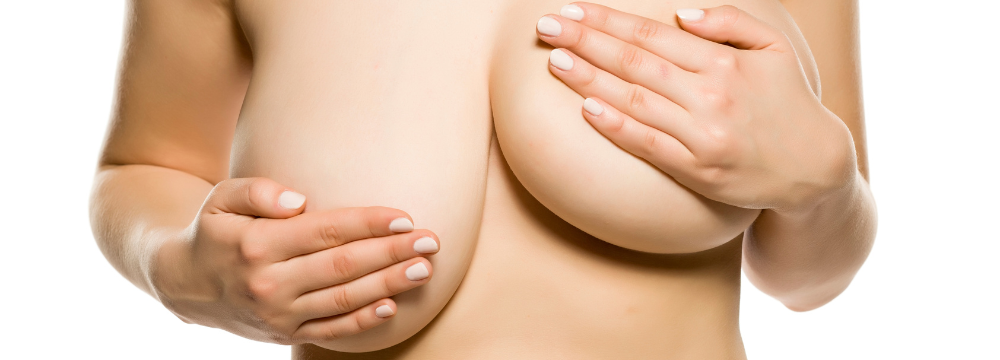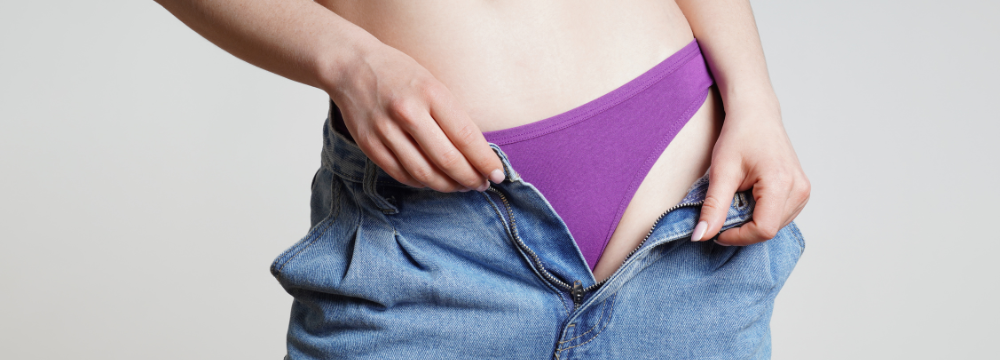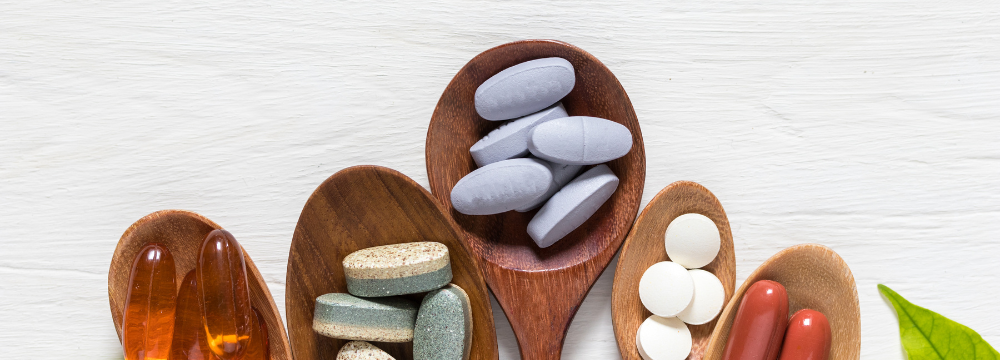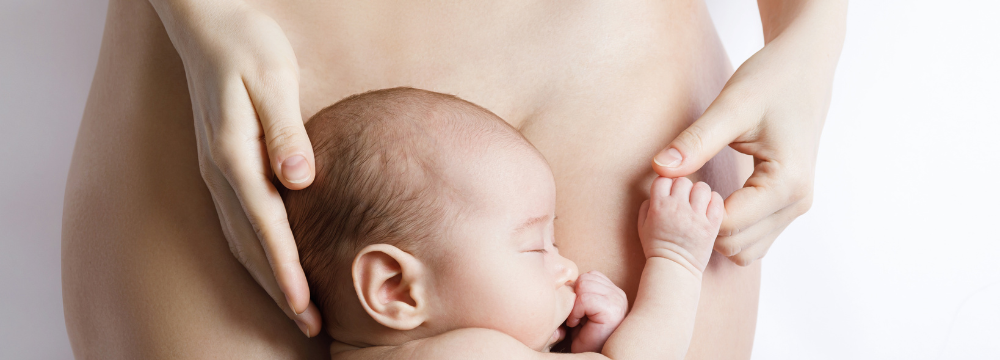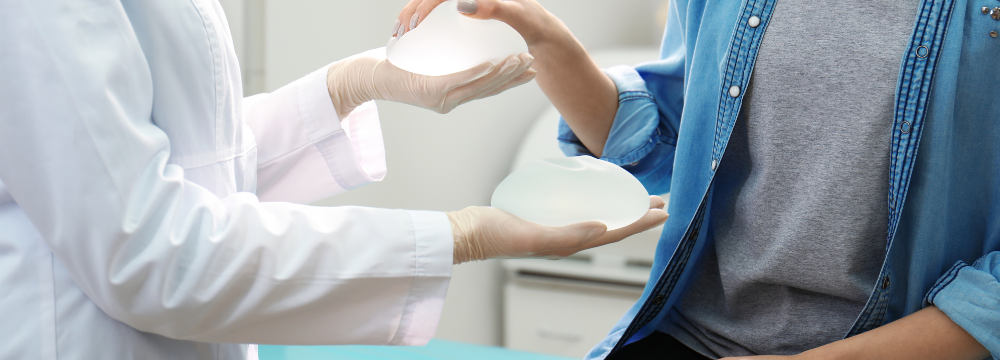Healing after a Nose Job
Bruising and swelling are a normal part of the recovery process after a Rhinoplasty procedure. While, in most cases, bruising around the eyes will have subsided by 10 days post-surgery, swelling inside the nose will still be present—this can last up to 12 months).
Optimal healing takes time. It can also differ from person to person. Where one client might be able to return to work and normal activities after 2 weeks, another may need a little longer. Rather than just telling you to be patient and wait out the first 6 months quietly, we’ve devised a list of our Top 10 Tips to help your Rhinoplasty recovery process go as smoothly as possible.
1. Listen to your Plastic Surgeon
Every nose is different. The approach your Plastic Surgeon takes with your Rhinoplasty procedure will be based on your unique anatomy and desired outcomes. Because of this, you can expect your recovery journey to be unlike any other.
By averaging out the experiences of past Rhinoplasty clients, we can provide a rough recovery timeline. For example, we know that, in most cases, clients can resume normal activities 2 weeks after surgery, but will have to wait for at least 6 months to really experience the full extent of their results. What we can’t tell you is whether this will be your exact experience, or whether your body will heal at a different rate.
Your Surgeon, however, will provide you with personalised advice. They will base this on their observations of the internal structures of your nose, their experiences conducting countless nose jobs over the span of their career, and the knowledge they have from completing an additional 6 years of highly regulated and specialised Plastic and Reconstructive surgical training.
It is important that you follow your Surgeon’s tailored advice. Not only will they tell you how to care for your nose initially after surgery, but they will provide instructions on the medications to take, what activities to avoid, and how long you need to rest to reduce the risk of infection and ensure outstanding results. To ensure your Surgeon can track your progress during recovery, attend all your post-operative consultations and seek out their advice if you are concerned at any point.
2. Elevate your head when sleeping
If you’re a belly or side-sleeper, you may struggle with this one. Sleeping on your back, with your head elevated, is extremely important after a Rhinoplasty procedure. Most Plastic Surgeons recommend doing this for at least 6 weeks, though your Surgeon will provide you with tailored advice during your consultations.
While not always comfortable, sleeping this way will reduce the risk of displacing your nose while it’s healing. It will also ensure that you don’t increase your swelling and bruising by letting the blood rush to the nose. Worried you’ll move in the night? Use pillows to prop yourself up and barricade yourself in—it will be worth it in the long run!
3. Keep your cool (literally)
Did you know that heat can be detrimental to your Rhinoplasty results? After your nose surgery procedure, it’s important to keep cool. Hot showers, warm soups, steamy cups of tea or coffee, saunas, and too much time in the sun can cause the tissues in your nose to swell even more. Additional swelling can extend your recovery time and affect the new shape of your nose.
Your nose will be more prone to sunburn after surgery. By spending extended periods of time in the sun, you run the risk of darkening your scars. Slip, slop, slap after surgery; stick to cool or room temperature foods; and take lukewarm showers. Better yet, try a lukewarm bath—there’ll be no steam, and your bandages won’t get wet.
4. Don’t blow your nose
Mentally prepare for feeling a little congested after surgery. Regardless of the approach your Plastic Surgeon uses to perform your Rhinoplasty procedure (Open or Closed Rhinoplasty), there will be swelling inside your nose afterwards*. While this may cause a ‘blocked nose’ feeling and leave you wanting to blow your nose, this is not recommended.
Blowing your nose can increase the pressure and blood flow in the area, ultimately leading to more swelling. Nose blowing should be avoided for at least 6 weeks. Your Plastic Surgeon can suggest alternative ways to deal with congestion during this time (e.g. nasal sprays).
Concerned about sneezing? The urge to sneeze is not something we choose to do, so it’s less easy to avoid. To reduce your chances of sneezing, avoid things that set you off (pepper, dust, pollen, the sun). Talk to your surgeon about ways to sneeze more with the mouth prior to your surgery and let them know if you suffer from hay fever.
*Swelling is significantly less with a Closed Rhinoplasty, but this approach can only be used on clients requiring less reshaping and change.
5. Prescribed medications only
To manage the discomfort felt during your Rhinoplasty recovery, your Plastic Surgeon will prescribe pain medication. It is important that you don’t take any other medications without first seeking your Surgeon’s approval. Anti-inflammatories, in particular, should be avoided. These medications increase blood flow and can lead to excess swelling and bleeding.
All our CosMediTour Plastic Surgeons are experts in patient care. The medications that they prescribe, and the dosages they recommend, are to improve your experience without interfering with your recovery. To prescribe a medication, they consider a range of adverse reactions that may occur and do everything possible to minimise the chance of these happening. If you are thinking about taking additional medication during your recovery period, please raise this with your Surgeon before you do so.
6. Avoid wearing glasses
The key to a smooth Rhinoplasty recovery is to avoid unnecessary pressure on your nose. Glasses, whether reading, prescription, or sunglasses, will sit on your swollen, bruised nose and cause extra discomfort and irritation. In some cases, clients who wear their glasses too soon after nose surgery, can end up with markings on their nose, leading them to need revisionary surgery in the future.
If you need your glasses to see, consider switching to contact lenses. Your Plastic Surgeon will advise you on when it’s safe for you to resume wearing glasses during your post-surgery consultations.
7. Maintain a healthy lifestyle
Healthy living can go a long way when it comes to recovery. Opt for a nutritious diet, lower your salt intake, avoid smoking, drink plenty of water, and allow yourself time to rest. Foods high in salt (or the act of adding salt to your meals) will increase your blood pressure. This, in turn, increases swelling around your incision sites. Conversely, the nicotine in cigarettes and vapes will limit your blood flow. This will make it more difficult for your body to heal—for optimal healing, your body requires a Goldilocks approach (i.e. blood flow that is ‘just right).
A diet high in protein and vitamins will enhance your recovery. Proteins are known for their ability to build and repair tissues, and vitamins are great immunity boosters, helping to fight off infections. Similarly, water can speed up your recovery by flushing out toxins and moving oxygen and nutrients around your body. Add a decent amount of rest to this, and you’ve got yourself a smooth Rhinoplasty recovery experience.
8. Be smart about your exercise
If you’re used to exercising a lot prior to your Rhinoplasty procedure, it can be hard to limit that amount of activity during recovery. Still, it’s important to give your body time to heal and take everything one step at a time.
Initially, you will be encouraged to reintroduce light walking to promote blood circulation. After about 2 weeks, you can resume normal activities, but it’s important to avoid those that may lead to you bumping your nose. Strenuous exercise, contact sports and swimming must not recommence without your Surgeon’s approval—in most cases, approval is not granted until 6 weeks post-surgery.
9. Cut the spice
Fan of spicy food? You will have to dial it down for a little bit. Foods high in spice and pepper can dilate the blood vessels and increase the swelling and bruising around your nose and face. These foods can also cause the nose to run and encourage sneezing. While your nose heals, you must be careful with how you touch it and wipe it. Any additional pressure can negatively impact your results and the way your body heals.
10. Stock up on frozen peas
In all our Top 10 Rhinoplasty Recovery Tips so far, we’ve talked about swelling and the need to either let it settle, or not happen more. One of the easiest ways to reduce swelling, particularly in the first few days after surgery, is to have some frozen peas (or ice packs/cold compresses) on hand.
Apply these to your nose in the first 72 hours. The cold will restrict blood flow, alleviate pressure, and reduce puffiness around the nose. Just be careful not to press too hard when applying—as we’ve mentioned above, additional pressure can negatively impact your perfect Rhinoplasty results.
Questions? Call Us!
If, after reading this, you still have questions about your Rhinoplasty procedure, we’re here to help. Call us on 1300 000 633 or click here to get your FREE Rhinoplasty Assessment underway.
Disclaimer: Please note any information provided should be used only as an information guide and not CosMediTour giving advice. Please ensure you do your own valid surgery research and seek advice from a general practitioner and a finance professional to enable you to be fully informed about surgery.
